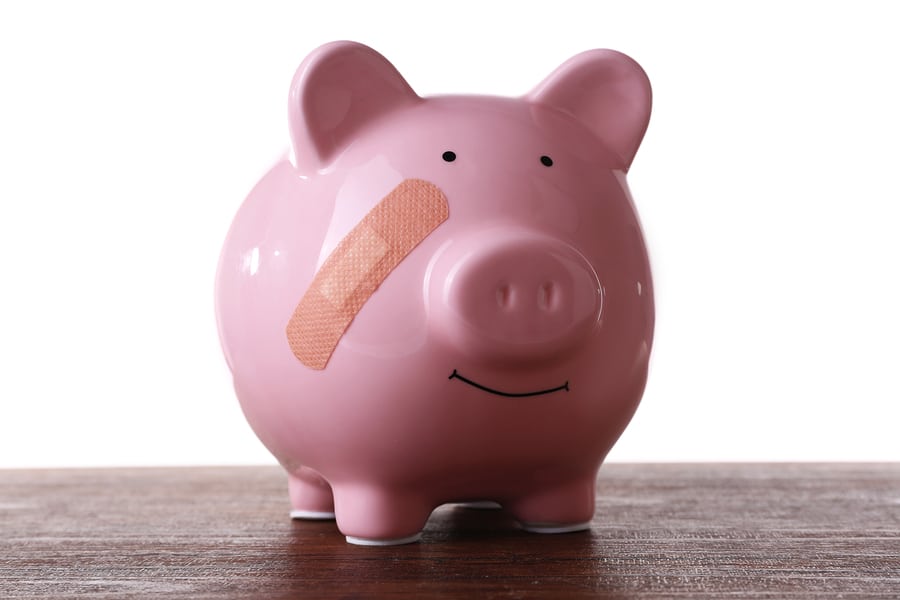The thought of strategic default always accompanies an enormous lingering concern–how will I be able to repair my credit? Even if you have yet to pay off current debts, the key to choosing the appropriate moment to repair credit is to stop accumulating more debt. The reason for this is because accumulating additional debt goes hand in hand with accumulating blemishes and derogatory marks on your credit report. If strategic default has led to a foreclosure on your home, the foreclosure can lower your credit score ranging anywhere from 90-120 points (depending on your past credit history). A foreclosure also affects credit for to up to 10 years after it occurs by making obtaining loans in the future difficult and/or more expensive.
Filing for bankruptcy is one way to eliminate potential foreclosure as well as the debts that creditors continuously hound you for. Chapter 13, Title 11 of the United States Code allows an individual to abide by a court-ordered and approved plan to re-organize their finances. This grants the individual more time (about 3-5 years) to keep property and pay debts over time. Chapter 7, Title 11 of the United States Code allows for the liquidation within a business. Through this process, the debtor sells its nonexempt property, and the distribution of the proceeds goes to the creditors. Debtors under Chapters 7 & 13 automatically receive a discharge when filing for bankruptcy. A discharge frees the debtor from personal liability for certain types of debts. However, if the individual or company does not follow the court ordered financial re-organization plan, then the case will be dismissed, debts will no longer be discharged, and that individual/company is once again susceptible to collection actions by the creditor including lawsuits. For more information, refer to the following government websites:
http://www.uscourts.gov/FederalCourts/Bankruptcy/BankruptcyBasics/Chapter7.aspx
http://www.uscourts.gov/FederalCourts/Bankruptcy/BankruptcyBasics/Chapter13.aspx
For property owners and consumers who are paying off (most, if not all) current debts in a timely manner, the best thing to do is save. Again, avoid accumulating additional debt. However, if you do end up borrowing or signing up for a new credit card, use sparingly. Interest rates for loans or credit cards are likely to be more expensive following strategic default or foreclosure. The main focus for you in repairing your credit is not to focus on the damper a foreclosure or a strategic default has created on your score, but rather to centralize your focus on cleaning up your present financial condition and continuing to move forward. Show the banks that you are a better candidate for future credit.
